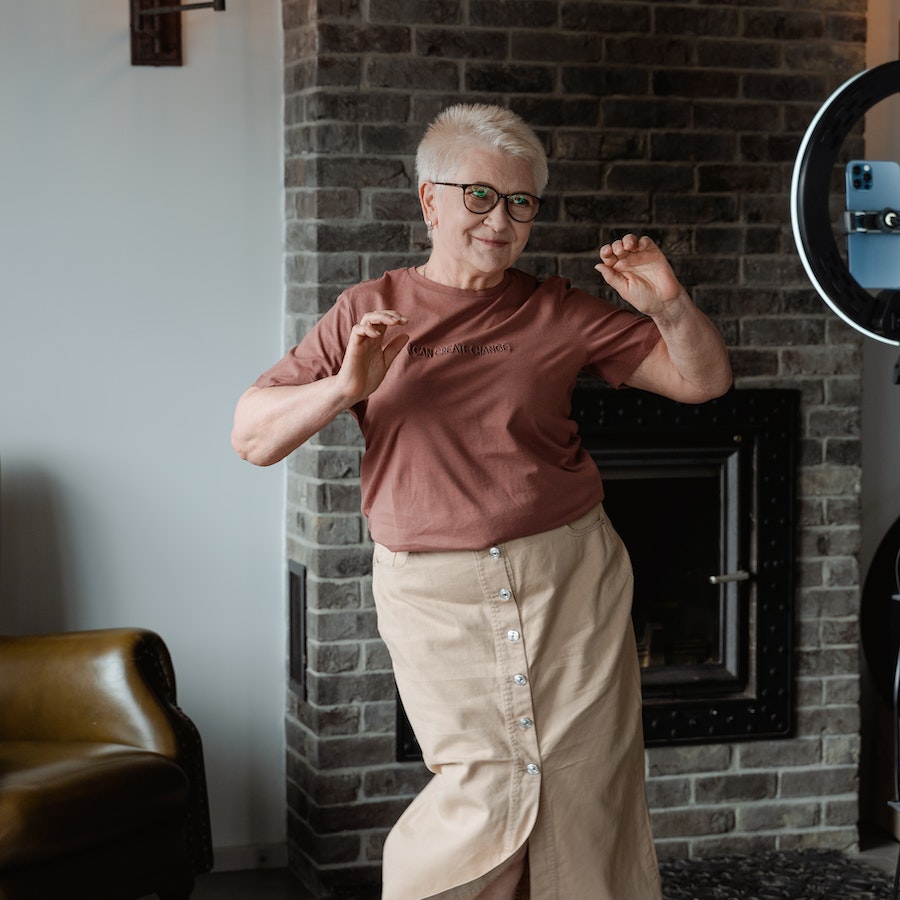Pelvic Pain
Pelvic pain in the lower abdomen affects many women. Whether acute or lingering, knowing its origin is vital. You're not alone; let our team help you find relief.
Book Now with an OBGYNWhat constitutes Pelvic Pain?
Pelvic pain refers to discomfort in the lower abdomen or pelvic area, often associated with the reproductive organs. It can manifest in various intensities and durations, ranging from acute (sudden and severe) to chronic (persistent or recurrent). Pelvic pain can affect women of all ages.
Chronic pelvic pain, specifically, is discomfort that persists for six months or longer. While pelvic pain is commonly associated with women's reproductive organs, it can also arise from other causes, such as infections, musculoskeletal disorders and inflammation of the bladder or bowel.

What are the Causes of Pelvic Pain?
Pelvic pain can arise from various causes, including:- Reproductive causes: Adenomyosis, endometriosis, pelvic inflammatory disease, fibroids, ovarian cysts, menopause, menstrual cramps, ectopic pregnancy, pelvic organ prolapse and vaginal dryness.
- Infections: Urinary tract infections and sexually transmitted infections.
- Other conditions: Appendicitis, bladder disorders, kidney infections, intestinal disorders, nerve conditions, hernias, broken pelvic bones and psychological factors.

Treatment options for pelvic pain at Nuvance Health
At Nuvance Health®, we prioritize women's well-being by offering a comprehensive range of treatments for pelvic pain. Our team of specialists collaborates closely to design an individualized plan tailored to every woman's unique needs:
-
Medications
- Pain relievers: Over-the-counter or prescription medicines
- Hormone treatments: Birth control pills or other hormonal medicines
- Antibiotics: For bacterial infections
- Antidepressants: For chronic pain and associated mental health conditions
- Muscle relaxers: To relax tight muscles
-
Physical therapyMyofascial release, transcutaneous electrical nerve stimulation, biofeedback and dry needling are some techniques used.
-
SurgeryProcedures such as laparoscopy, hysterectomy and oophorectomy might be suggested based on the cause of the pain.
-
Other therapiesSpinal cord stimulation, trigger point injections, talk therapy and cognitive behavioral therapy.
-
Home remediesOver-the-counter pain relievers, regular exercise, heat application, quitting smoking, dietary supplements and relaxation exercises.
When should you see a doctor about pelvic pain?
It's crucial to consult with a specialist if you experience severe or persistent symptoms related to pelvic pain. If the pain disrupts your daily life, appears suddenly or is associated with other alarming symptoms like bleeding or fever, it's essential to seek medical attention promptly.
Why Choose Us?
Your comfort and health is our primary concern.
Navigating through pelvic pain can be overwhelming, but you don't have to face it alone. At Nuvance Health, we deeply understand the intricacies of women's health. Our dedicated team uses a collaborative approach to ensure you receive personalized and comprehensive care tailored to your unique needs. Your well-being matters to us. Let's embark on this journey to relief together. Are you ready to start?Book Now with an OBGYN

